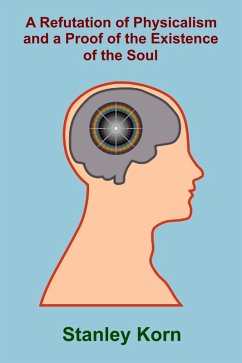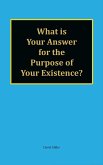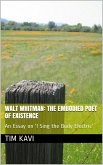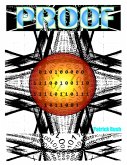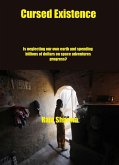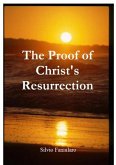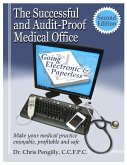There are two schools of thought regarding the nature of consciousness. There's physicalism, which provides the philosophical basis of modern science, which holds that consciousness is solely a product of brain activity, and more generally, that mind is an epiphenomenon of matter, that is, derivable from and reducible to matter, where I'm using the term of matter in the sense of modern physics to include energy as well.
The alternative to physicalism is the spirit hypothesis, according to which consciousness is contained in a nonphysical vehicle, referred to as the spirit or soul, which occupies the body during life and leaves the body at so-called death to continue its existence in another realm, referred to as the spirit world or heaven.
Arguments and evidence presented in support of the spirit hypothesis have been problematic at best. Appeals to religious doctrine and biblical references are based on faith and therefore lack the testing and verification required of a scientific theory. While near-death experiences (NDEs) and out-of-body experiences (OBEs) are convincing evidence for the experiencers that consciousness can exist independent of the body, such experiences are typically dismissed by skeptics as dreams or hallucinations. While cases in which NDE and OBE experiencers are able to obtain verifiable information that they could not have known at the time do provide evidence in support of the spirit hypothesis, such cases are difficult to reproduce under controlled conditions.
In the first of two essays, "Consciousness and the Incompleteness of Science," I show that the physical description of nature used by modern science is incomplete by providing examples of physically identical states, which, by definition, cannot be distinguished by any method available to science, which can nevertheless be distinguished by a conscious observer. To do so, I invite you, the reader, to be the subject of thought experiments involving a hypothetical matter duplicator and an exchange of brains with your duplicate. (Don't worry. The thought experiments are perfectly safe!)
In the second essay, "A Proof of the Existence of the Soul," I make use of that same matter duplicator, this time for partial brain exchanges with your duplicate, to show that the physicalist hypothesis that the brain is the seat of consciousness leads to a contradiction, which leaves the spirit hypothesis as the remaining possibility.
The alternative to physicalism is the spirit hypothesis, according to which consciousness is contained in a nonphysical vehicle, referred to as the spirit or soul, which occupies the body during life and leaves the body at so-called death to continue its existence in another realm, referred to as the spirit world or heaven.
Arguments and evidence presented in support of the spirit hypothesis have been problematic at best. Appeals to religious doctrine and biblical references are based on faith and therefore lack the testing and verification required of a scientific theory. While near-death experiences (NDEs) and out-of-body experiences (OBEs) are convincing evidence for the experiencers that consciousness can exist independent of the body, such experiences are typically dismissed by skeptics as dreams or hallucinations. While cases in which NDE and OBE experiencers are able to obtain verifiable information that they could not have known at the time do provide evidence in support of the spirit hypothesis, such cases are difficult to reproduce under controlled conditions.
In the first of two essays, "Consciousness and the Incompleteness of Science," I show that the physical description of nature used by modern science is incomplete by providing examples of physically identical states, which, by definition, cannot be distinguished by any method available to science, which can nevertheless be distinguished by a conscious observer. To do so, I invite you, the reader, to be the subject of thought experiments involving a hypothetical matter duplicator and an exchange of brains with your duplicate. (Don't worry. The thought experiments are perfectly safe!)
In the second essay, "A Proof of the Existence of the Soul," I make use of that same matter duplicator, this time for partial brain exchanges with your duplicate, to show that the physicalist hypothesis that the brain is the seat of consciousness leads to a contradiction, which leaves the spirit hypothesis as the remaining possibility.
Dieser Download kann aus rechtlichen Gründen nur mit Rechnungsadresse in A, B, BG, CY, CZ, D, DK, EW, E, FIN, F, GR, HR, H, IRL, I, LT, L, LR, M, NL, PL, P, R, S, SLO, SK ausgeliefert werden.

